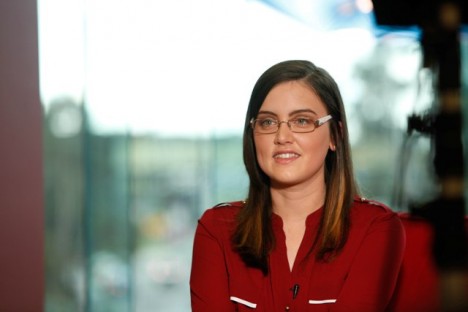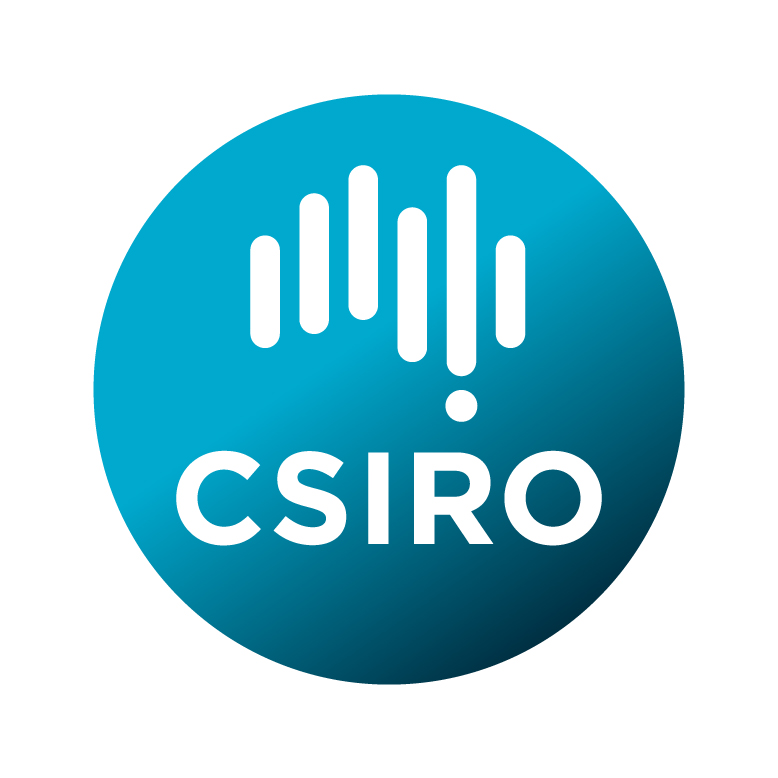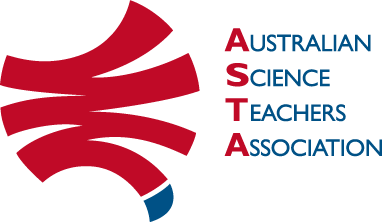Stephanie Parsons

Being a finalist meant not only my project but my research skills were recognised as being among the best in the country.
Stephanie Parsons credits the Awards with giving her an edge over her peers; the skills and experience have been invaluable to her university studies and career in economics.
Completing an independent experimental investigation greatly improved my research, analytical, critical thinking and time management skills, giving me an ‘edge’ over my peers. Confidence in my ability to complete independent research also influenced my decision to complete honours in economics and pursue a career in economic policy with a strong research focus.
Since being a finalist in both 2008 and 2010, Stephanie has continued to excel. She is now Assistant Director at the Commonwealth Treasury, following several years at the Reserve Bank of Australia.Her journey began with a full scholarship to Griffith University, thanks in part to being an Awards’ finalist. During her time at university she completed a Bachelor of Commerce (with Honours), majoring in finance and economics; was top of the class in numerous subjects; earnt various academic awards; participated in the student ambassadorial program; and received the University Medal for her honours project in economics. It was at university that Stephanie was exposed to economics as an alternative STEM career, compared to the more traditional careers featured at school.
The lecturer explained how economists studied decisions and social behaviours and used maths to communicate their findings precisely. Most importantly, the lecturer emphasised how this ‘decision-making science’ was applicable to all aspects of our lives.
Stephanie’s school was heavily involved in the CSIRO Creativity in Research, Engineering, Science and Technology (CREST) program; a non-competitive Awards program that supports students, of any academic level, to undertake independent inquiry projects in science and engineering. The outstanding CREST projects she completed were her pathway to the Awards, made possible by the support and guidance of her teachers.
Our teachers offered guidance on literature reviews and experimental design, and lab technicians provided the resources to conduct the experiments (often during lunch breaks and before or after school). My teachers also put me in contact with academics and professional scientists who could provide advice and mentorship through my more challenging projects.
Finally, Stephanie’s advice to aspiring students, considering an inquiry project or aiming for the Awards:
Do it. As with any independent research task, it will not be entirely smooth sailing and there will be hiccups along the way, but this is far outweighed by the thrill of discovery and the satisfaction of making a significant contribution to the scientific community … Even if you aren’t considering a career in science or engineering, the skills you develop by completing an independent research project (e.g. synthesising ideas, problem solving, analytical writing, time management) are valued by employers in a range of professions.
Stephanie was a finalist in 2010 for her investigation into fluoride ions in waterways and the effect it has on marine algae. She was also a finalist in 2008 for research into natural methods of preventing mosquitoes from growing.
Get started with the BHP Billiton Foundation Science and Engineering Awards Alumni Network!
Register for an Alumni network today


